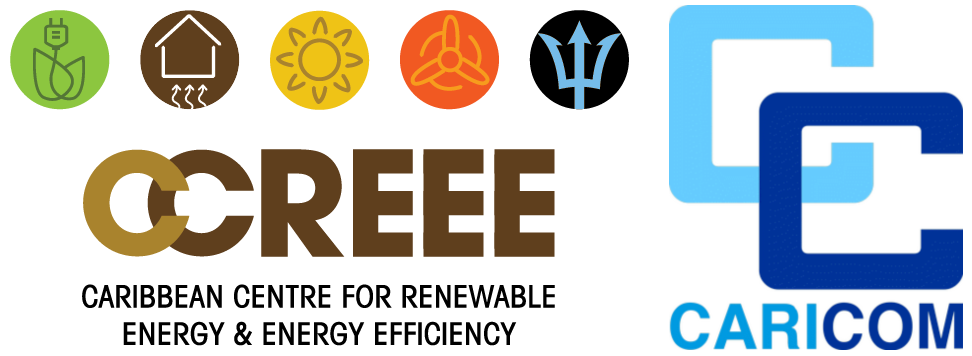Understanding the barriers that inhibit the deployment of renewable energy technologies to achieve long-term reductions in carbon emissions from the use of fossil fuels is paramount to Barbados. Although there are targets towards renewable energy (solar, wind, biomass, geothermal) uptake, the share of these technologies in the energy mix does not exist in Barbados due to the total dependence on fossil fuels. In this paper, a review of potential challenges and the main problems for deployment of alternative energy sources is presented. Through interviews, questionnaires with a focus group of key personnel’s, the paper documents the lack of renewable energy sources (with emphasis on solar energy) as one of the main alternatives to meet the carbon emission targets set by the country. The barriers and challenges facing the implementation of solar energy deployment have been clarified. From the results, it is evident that significant policy barriers still exist at the country level, which has reduced the effectiveness of a concerted national effort to deploy renewables. The current policy
landscape which benefits from fossil fuel imports, the lack of technical know-how and the lack of research and development in the renewable energy space are amongst the key barriers identified. The paper also outlines the key policy’s frameworks, regulatory environment and the lack of incentives, which encompasses the renewable energy sector, and presents a critical analysis of the barriers faced by the industry. A mitigation framework is proposed to bridge the gap of solar energy (renewable energy) deployment.
Keywords: Barbados, Renewable energy, Solar energy, Barriers, Mitigation solutions
Barriers of solar energy uptake and the potential for mitigation solutions in Barbados

